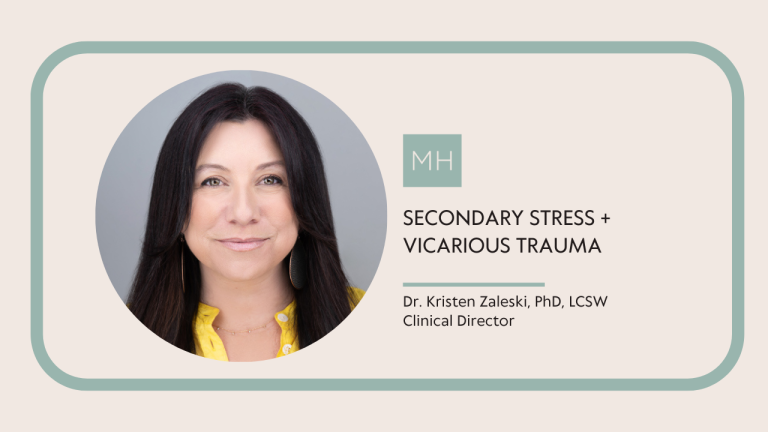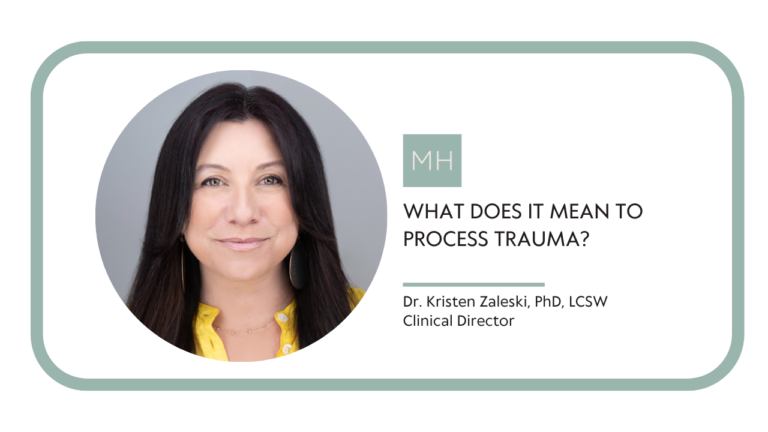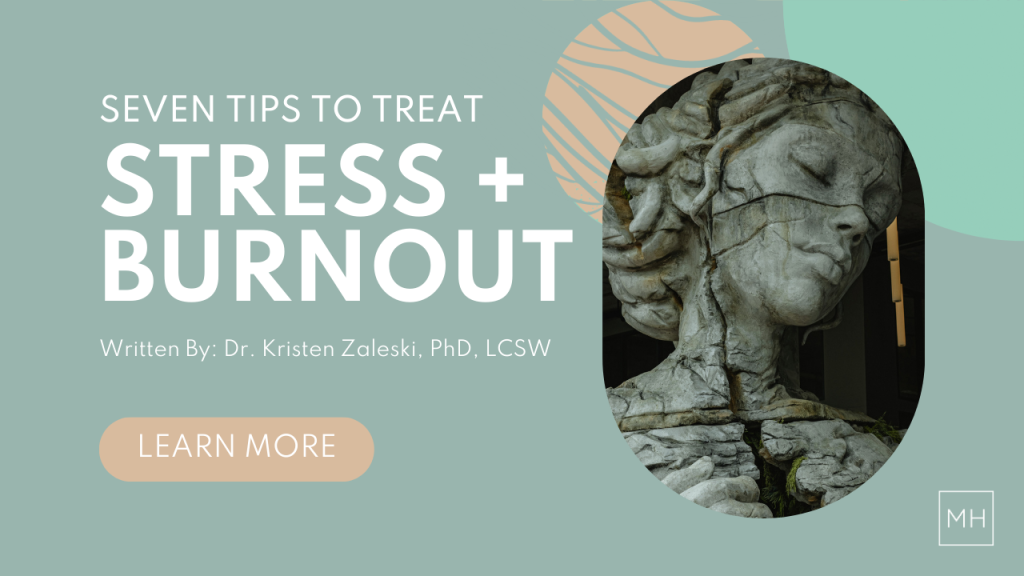SEVEN TIPS TO TREAT STRESS AND BURNOUT
Stress is a normal part of life and can often be beneficial, as it can motivate people to take action and make positive changes. However, when stress becomes chronic, it can take a toll on mental and physical health. Here, we will discuss some of the mental health side effects of stress.
ANXIETY + PTSD
One of the most common mental health side effects of stress is anxiety. Anxiety is a feeling of worry, nervousness, or unease about something with an uncertain outcome. Stress can trigger or worsen anxiety symptoms, such as racing thoughts, restlessness, and muscle tension. People with chronic stress may develop an anxiety disorder, such as generalized anxiety disorder or post-traumatic stress disorder (PTSD).
DEPRESSION
Another mental health side effect of stress is depression. Depression is a mood disorder characterized by persistent feelings of sadness, hopelessness, and loss of interest in activities. Stress can increase the risk of developing depression or make existing depression symptoms worse. Chronic stress can also make it harder for people with depression to recover.
OCD + ADHD
Stress can also cause or worsen symptoms of obsessive-compulsive disorder (OCD) and attention-deficit/hyperactivity disorder (ADHD). OCD is characterized by recurrent, unwanted thoughts (obsessions) and repetitive behaviors (compulsions) that a person feels driven to perform. ADHD is a neurodevelopmental disorder characterized by inattention, hyperactivity, and impulsivity. Stress can make it harder for people with OCD and ADHD to manage their symptoms.
STRESS HORMONES
Memory and concentration can also be effected by stress. Stress hormones such as cortisol can interfere with the hippocampus, a part of the brain responsible for memory and learning. This can make it hard to focus and remember things, which can be frustrating and make it harder to complete tasks.

Stress often gets a bad rap for being a negative experience, but it actually a very healthy body response to adapting to out of the ordinary, or uncomfortable, experiences. Stress is experienced differently by everyone. Constipation, headaches, and insomnia are all physical representations of stress being experienced by your body. Emotionally it can involve feelings of restlessness, agitation, anger, nightmares, and even depression. How are you coping with the stress in your body? Here are some simple activities to help your body decompress and do what biologists refer to as “down-regulate your nervous system” from feeling agitated to feeling calmer.
- Take deep, deep breaths. Anxiety and stress often cause us to only breathe as deep as our chest, but deep breaths involve stomach based, longer inhales. A common exercise to ensure you are breathing deeply is to put one hand on your chest and another on your stomach. Take a breath, is your chest hand rising first and your stomach hand rising second? Or is the only hand rising your chest hand? Try to get both hands to move up and down as you take a breath. Doing this for 60 seconds can have immediate benefits to your sense of calm. Read more on diaphragmatic breathing: CLICK HERE
- Once you master a deep breath from your diaphragm, see if you can slow your breath down and only take 4-5 breaths in a minute. Did you know its physiologically impossible to have a panic attack when you are taking 4-5 breaths a minute? This is a great strategy for people who suffer from panic disorder and need something to help calm them in moments of real arousal and fear. See more on slower breathing: CLICK HERE
- Taking time to clean out the areas you spend the most time in is a great way to ‘detox’ your environment from the stress in your body. Moving away from meditation, what are other ways you can engage in relaxing your body and mind? Have you tried to clean a drawer? Or the front seat of your car? There is nothing like waking up in a clean bed and clean room to start the day in a relaxed way, right? But don’t get overwhelmed if you have neglected your living spaces for a while. Just start small. There are great guides on how to get started slowly, like this one: CLICK HERE
- Create a to do list that is reasonable with expectations. As the world picks up pace once again from the global slow down, our bodies are adjusting too. Some people are noticing their “social battery” isn’t what it once was, and they feel less productive overall in their life. Providing some mindful attention to your day to day habits can help to assist you in feeling more productive and aware of how much you likely do already. Generally, we can only truly concentrate in 10-20 minute increments, so give yourself lots of breaks and even a reward when you finish a project. Here are some tips on being more productive if you need them: CLICK HERE
- Spend quality time with loved ones. Who do you really love being around? Are there people in your life you haven’t connected with in a while? As you recharge that social battery that used to have a longer social life, think about the important people in your life that naturally reinvigorate your energy and feeling of connectedness. Reconnect with an old high school friend you have only kept up with on Facebook and relive some memories from your past. Have you cooked dinner with someone recently? As Spring arrives, focus on outdoor and sun immersed activities like walking, outdoor activities, picnics in the park, and outdoor concerts. Find someone you care about and discover a new way to spend time with them.
- Animal Assistance Therapy. Do you love animals but haven’t had time to commit to one yourself? Now that you are home more than ever, animal shelters are looking for volunteers to temporarily house a dog or cat for the next few weeks. Spending time with animals has been found to be very beneficial for stress relief and even decreasing feelings of isolation and loneliness. Lots of animal shelters are in need of volunteers!
- Seek Professional Help. If stress is interfering with your ability to function, it’s important to seek professional help. A therapist or counselor can help you develop coping strategies and provide support. They can also help identify any underlying issues that may be contributing to your stress and develop a treatment plan to address them.

These strategies are simple ways you can start to calm the understandable discomfort our bodies are in during this time. Don’t be hard on yourself for having these feelings and honor your body’s energy levels which may be lower than normal because of the collective stress we all are under. These 7 strategies are designed to be simple, time efficient ways to begin to regulate your stress and also be more in touch with yourself. However, for some of us who have trauma history and significant losses, stress can oftentimes feel insurmountable. If you need to talk to a mental health professional, reach out! Many therapists are now virtual and available at all hours of the work day. It’s important to note that treating stress burnout is not a one-time solution, it requires a consistent effort and may require a combination of different approaches. It is important to listen to your body and mind, and try different techniques to find what works best for you.
Written By: Dr. Kristen Zaleski, PhD, LCSW | Clinical Director at The Mental Health Collective
DO YOU HAVE A QUESTION?
Send our team a message or call 888.717.9355
